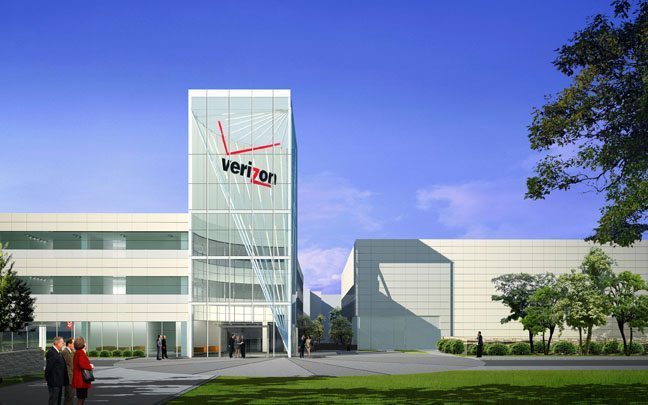Union: carrier turned down FCC money for rural broadband
WASHINGTON – The Federal Communications Commission recently announced the telecom companies that will receive federal subsidies through the Connect America Fund. Surprisingly, Verizon Communications accepted only $48 million in comparison to chief competitor AT&T, which will receive $427 million in funding. The money categorized as accepted by Verizon is somewhat misleading. Verizon is selling subsidiaries in Texas and California to Frontier Communication and accepted the $48 million on Frontier’s behalf. If the sale of those subsidiaries is approved, Verizon will transfer those funds to Frontier; if it is not, Verizon will give the money back to the FCC.
This move has led to allegations from the Communication Workers of America that Verizon Communications deliberately turned down over $550 million in federal funds. In an e-mail sent to RCR Wireless News, CWA spokesman Mike Rabinowitz said, “Verizon today became the only major U.S. telecommunications company to turn down federal funding to build broadband in unserved, primarily rural, communities, leaving many residents in eight states and the District of Columbia without access to vital communications options. The company was offered $568 million over six years by the Federal government to bring broadband to 270,000 locations in Washington, DC, Delaware, Massachusetts, Maryland, New Jersey, New York, Pennsylvania, Rhode Island, and Virginia.”
CWA is currently embattled in an ongoing labor dispute with Verizon over the contract renewal of the 39,000 Verizon employees it represents. Many of the workers CWA represents work in divisions of the company related to network build out and are based in the same areas the Connect America money would’ve impacted.
Bob Master, assistant to the VP of CWA District 1, was vocal in his criticism of the multibillion-dollar company: “Verizon’s track record is clear. Even while raking in a billion dollars per month in profits, Verizon is turning its back on underserved communities by refusing federal subsidies to expand high-speed Internet access. Instead, its top priority is slashing job and retirement security for its employees and eliminating benefits for workers injured on the job.”
CWA noted this is not the first time Verizon has rejected subsidies aimed at serving poor communities. The company previously rejected over $500 million from the New York Broadband Fund, which offered up to 50% subsidies to companies willing to build high-speed service in underserved areas. CWA noted in its press release, “For years, Verizon has steadfastly refused to bring its high-speed internet service (or FiOS) to areas like Buffalo, Syracuse, Albany, Rome, Utica and numerous other upstate New York cities, as well as much of Eastern Suffolk.”
Verizon spokesman Richard Young declined to comment on any of these issues.

